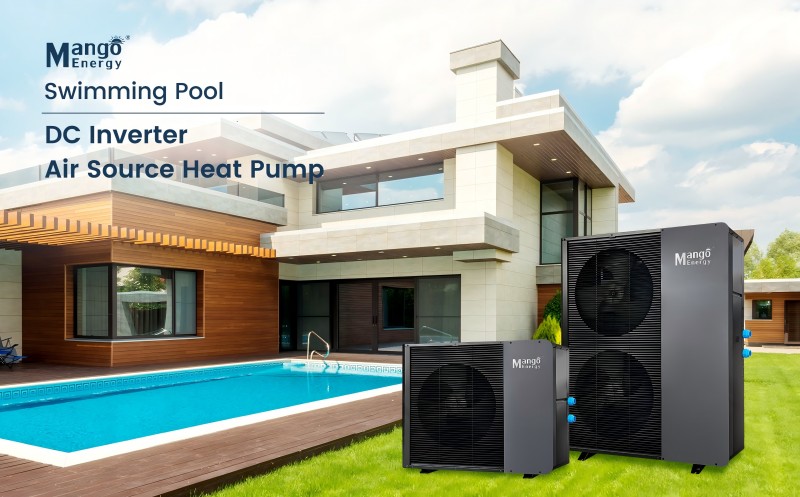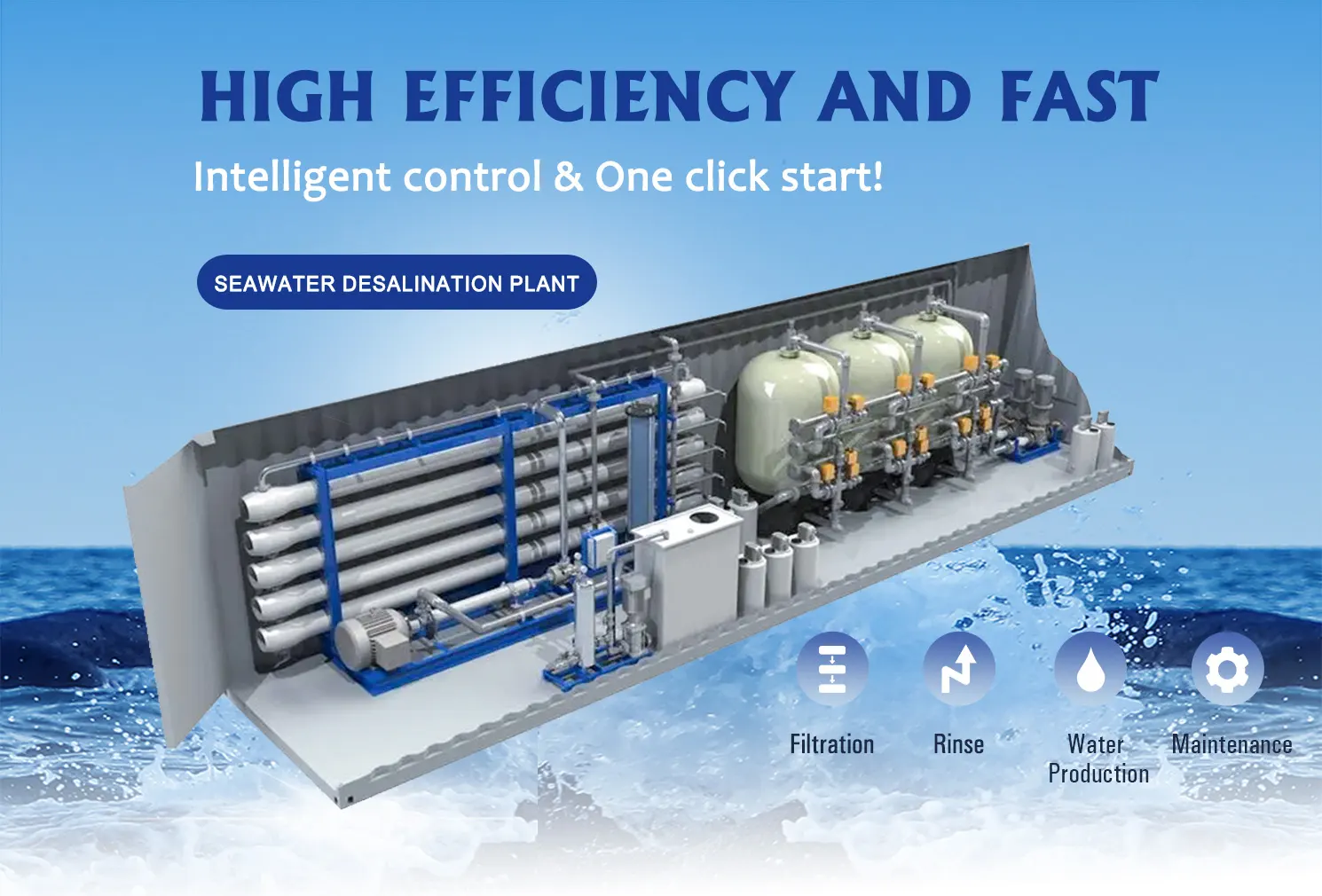Aqua series air source heat pumps are a popular choice for homeowners and businesses looking for efficient, sustainable, and cost-effective heating and cooling solutions. These systems extract heat from the air outside and transfer it inside, providing both heating in the winter and cooling in the summer. However, like all HVAC systems, aqua sderies air source heat pumps require regular maintenance to ensure they continue operating at peak efficiency. In this article, we will explore the essential maintenance tasks needed to keep your aqua sderies air source heat pump in optimal condition, helping you extend its lifespan, improve energy efficiency, and reduce long-term repair costs.Sufficient data show that geothermal heat pump manufacturers It can drive many people to find jobs, thus driving economic development. https://mangoenergyheatpump.co
Why is Regular Maintenance Important for aqua sderies air source heat pumps?
Regular maintenance is crucial for the performance and longevity of your Aqua Series heat pump. Just like any heating or cooling system, dirt, wear, and tear can cause components to degrade, reducing efficiency and increasing energy consumption. Preventive maintenance can help identify issues before they become costly repairs and ensure that the system is running as efficiently as possible.
The benefits of maintaining your air source heat pump include:
Improved energy efficiency, lowering heating and cooling costs.
Extended system lifespan, minimizing the need for early replacements.
Reduced risk of unexpected breakdowns and costly emergency repairs.
Improved indoor air quality and comfort.
air-to-water heat pump supplier.jpg
Essential Maintenance Tasks for aqua sderies air source heat pumps
1. Cleaning the Filters
One of the most important maintenance tasks for Aqua Series heat pumps is cleaning or replacing the air filters regularly. Filters trap dust, dirt, and debris, preventing them from entering the system and reducing the efficiency of heat exchange. If the filters become clogged, the air source heat pump will work harder to maintain the desired temperature, leading to increased energy consumption.
Frequency: Clean or replace filters every 1-3 months, depending on usage.
Tip: Use a vacuum to remove dust, or wash the filters with warm water and mild detergent.
2. Inspecting the Outdoor Unit
The outdoor unit of an air-to-water heat pump is exposed to the elements, so it can accumulate dirt, leaves, or debris. Over time, this can block the airflow, causing the unit to overheat and affect its efficiency. It’s essential to inspect the unit regularly to ensure that the surrounding area is clear.
Frequency: Inspect the outdoor unit at least once every season, especially after heavy storms or windy weather.
Tip: Clear any debris such as leaves or branches from around the unit and ensure there is no obstruction to airflow.
3. Checking the Refrigerant Levels
The refrigerant in your aqua sderies air source heat pump is responsible for transferring heat between the outdoor air and your home or building. Over time, refrigerant levels can drop due to minor leaks, which will affect the efficiency of the system. A professional technician can check and recharge the refrigerant levels as needed.
Frequency: Annually or when you notice a drop in system performance.
Tip: Low refrigerant levels often lead to reduced heating and cooling efficiency, so it’s important to have this checked by a professional.
4. Inspecting the Heat Exchanger
The heat exchanger is a critical component in the Aqua Series heat pump, responsible for transferring heat between the indoor and outdoor units. Dust and dirt can accumulate on the heat exchanger, causing it to become less efficient. Regular cleaning and inspection of the heat exchanger can prevent potential issues.
Frequency: Annually or during routine professional service.
Tip: Professional maintenance services often include heat exchanger cleaning and inspection.

